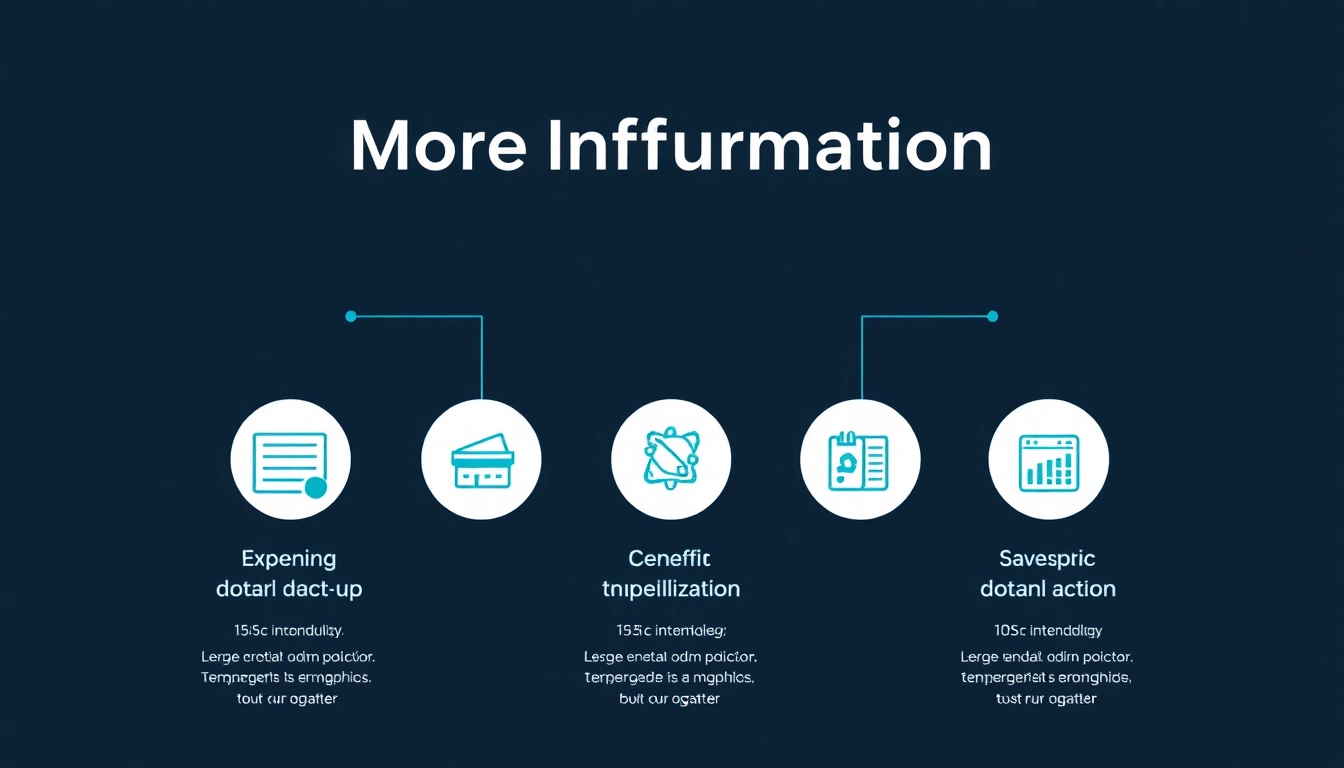Understanding NVQs and Their Importance
National Vocational Qualifications (NVQs) are vital qualifications in the UK, focusing on practical skills and competence in various job roles. These qualifications allow individuals to demonstrate their ability to carry out specific tasks related to their field, providing a framework for employers to assess their workforce’s capabilities. As a candidate prepares to complete an NVQ, NVQ sample answers can be invaluable resources in understanding the requirements and expectations of the assessments.
What is an NVQ?
An NVQ is a competency-based qualification that enables individuals to show they are fully competent in their job. Unlike traditional academic qualifications, NVQs focus more on what candidates can do rather than what they know. They are available at various levels, from Level 1 to Level 5, reflecting the complexity of the skills involved. The primary aim of an NVQ is to provide training and development pathways aligned to workplace standards, ensuring that workers are equipped with the practical skills necessary for their roles.
The Role of NVQ Sample Answers in Learning
NVQ sample answers serve multiple purposes in the learning process. They provide learners with insight into how to structure their responses effectively, understand the criteria required for assessments, and illustrate the level of detail expected by assessors. Sample answers allow students to observe best practices and common pitfalls, ultimately helping them produce more polished and compelling submissions. Furthermore, examining high-quality sample answers can inspire confidence in candidates as they prepare for their assessments.
Different Levels of NVQs Explained
NVQs are categorized into different levels, each signifying a certain level of responsibility and skill required:
- Level 1: This is an introductory level where candidates demonstrate basic understanding and capability in their roles.
- Level 2: Candidates will show they can carry out a defined range of activities and have some depth of knowledge.
- Level 3: This level is more advanced, requiring candidates to handle varied work tasks and demonstrate problem-solving skills.
- Level 4: At this stage, learners should show an understanding of management and supervision principles and be involved in organizational goals.
- Level 5: This is the highest level, focusing on strategic planning and leadership skills within an organization.
Common Challenges When Writing NVQ Answers
Writing NVQ answers can present various challenges for candidates, as the expectation differs from more conventional educational formats. Here’s a look at these challenges and how to overcome them.
Identifying Key Requirements
One of the primary challenges in answering NVQ questions lies in understanding the key requirements. Assessors look for evidence that candidates can apply their knowledge in real work situations, and it’s essential to grasp the specific criteria associated with each question. To tackle this, candidates should:
- Carefully read each question to identify keywords that denote the task.
- Refer to the NVQ standards for the specific level they are undertaking.
- Ensure that every part of the question is addressed in their answers.
Time Management Strategies for Completing NVQs
Another common hurdle is time management. It’s vital for candidates to create effective study routines that accommodate their work and personal lives while ensuring sufficient time to complete assessment tasks. Here are some strategies for managing time more effectively:
- Create a study calendar that outlines key deadlines and milestones.
- Break down larger tasks into smaller, more manageable components.
- Set aside specific times each week for focused study or reflection on NVQ materials.
Using Examples Effectively in Your Answers
Using examples to support NVQ answers can be tricky, yet it is fundamental to demonstrating understanding and competence. Candidates should seek to provide relevant case studies or examples from their work experience when answering questions. The best practices include:
- Aligning examples closely with the question to illustrate practical application.
- Using real-life scenarios that reflect both success and challenges faced.
- Ensuring examples adhere to confidentiality requirements and do not disclose sensitive information.
Best Practices for Crafting Quality NVQ Sample Answers
Producing high-quality NVQ answers necessitates a combination of research, strategic writing, and thorough editing. Below are best practices to enhance the quality of NVQ submissions.
Research and Preparation Techniques
Research is foundational in providing strong support for NVQ answers. Candidates should familiarize themselves with current practices in their fields, emerging trends, and regulatory frameworks. Effective preparation also includes:
- Gathering diverse resources including textbooks, journals, online databases, and professional websites.
- Engaging with peers and mentors to discuss complex topics and clarify doubts.
- Accessing sample answers from credible sources to comprehend varied perspectives on answering similar questions.
Structuring Your Answers for Clarity
A well-structured answer can profoundly impact the clarity of the response. Candidates should apply the following techniques to enhance clarity in their writing:
- Use headings and bullet points when appropriate to break down complex information.
- Start with an introductory statement, followed by detailed arguments and concluding remarks.
- Maintain a logical flow between points, ensuring smooth transitions that guide the reader through the response.
Editing and Proofreading Tips for Success
Editing and proofreading are critical processes that can elevate the quality of NVQ answers. Common steps include:
- Reviewing the answer to check for clarity and coherence, looking for areas that might confuse the reader.
- Confirming adherence to formatting guidelines, especially with citations and references.
- Asking a peer or mentor to review the answer for constructive feedback and insights.
Resources for NVQ Sample Answers and Further Learning
To excel in completing NVQs, candidates should leverage various resources that provide additional support and learning materials. Some effective avenues include:
Online Platforms Offering NVQ Examples
Numerous online resources are available for candidates seeking NVQ sample answers. Websites dedicated to educational resources often provide downloadable materials, forums for discussion, and collections of sample answers that reflect diverse subjects and levels. Popular websites include:
- NVQ Answers – A comprehensive source for NVQ samples across different levels.
- Students Assignment Help – Providing various NVQ care certificate answers and resources.
- Scribd – A vast repository of user-uploaded documents, including NVQ answers.
Local Study Groups and Support Services
Participating in study groups or workshops can dramatically enhance a candidate’s understanding of material. Local vocational education centers often offer study programs, mentoring services, and peer learning opportunities, encouraging collaboration and deeper engagement with the NVQ content.
Utilizing Library Resources Effectively
Libraries remain invaluable assets for NVQ studies. Students can access textbooks, journals, and other educational materials that provide deeper insights into subjects relevant to their qualifications. Additionally, many libraries offer online databases where students can access academic papers, industry reports, and case studies pertinent to their areas of study.
Measuring Your Progress and Skills Development
Self-assessment is essential throughout the NVQ journey. Candidates should continually evaluate their progress and adapt their study strategies accordingly. Effective approaches include:
Assessing Your Understanding of NVQ Materials
Regular assessments of your understanding can pinpoint areas needing more focus. Consider implementing self-tests, quizzes, or practice scenarios that replicate NVQ assessments, allowing you to measure competency against the required standards.
Feedback Mechanisms to Improve Your Work
Actively seeking feedback from assessors, peers, and mentors can guide candidates in refining their answers. Constructive criticism is crucial in areas such as clarity, relevance, and adherence to standards.
Future Opportunities with NVQ Qualifications
NVQ qualifications not only demonstrate competence but also enhance career prospects. With each level attained, candidates position themselves for greater responsibilities and opportunities across various sectors. Employers increasingly value practical skills, and an NVQ can lead to pathways in management, consultancy, and advanced technical roles depending on the field.















Leave a Reply